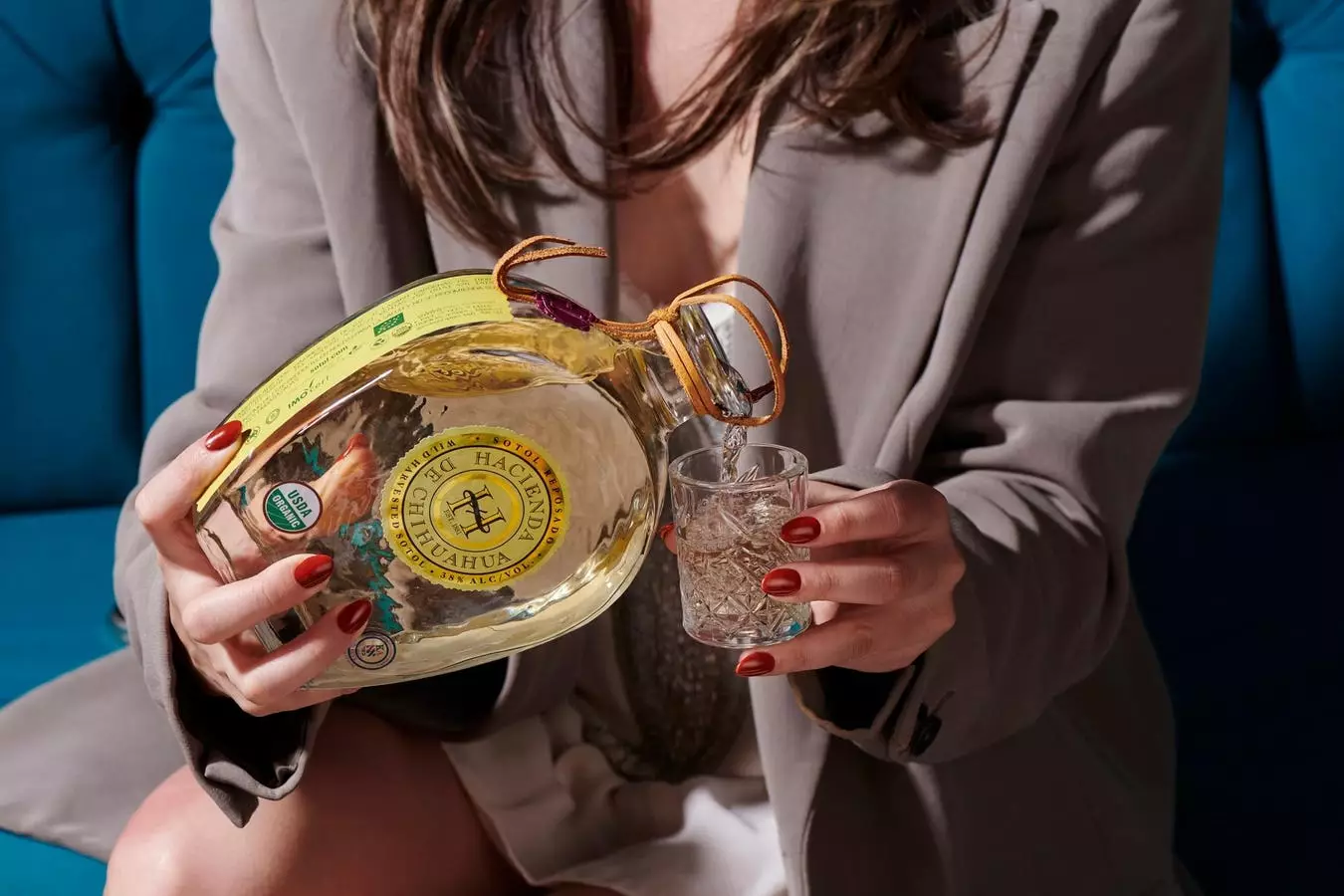The liquefied landscape of spirits has experienced a transformative shift in recent years, moving towards a more sustainable and environmentally conscious model. This gradual evolution in consumer values marks a critical turning point for the industry, indicating a collective desire for transparency, accountability, and ethical practices in production. No longer satisfied with merely consuming, today’s drinkers are demanding to understand the origins, production methods, and environmental impacts of the beverages they enjoy. This article seeks to explore the ramifications of this trend and highlight several noteworthy brands that embody the principles of sustainability while offering distinctive products.
The ascent of sustainability in the spirits sector is closely tied to an overall awakening among consumers. In an era increasingly defined by social responsibility and ecological awareness, individual choices have ripple effects. Drinkers are asking vital questions: What ingredients are used? How is the spirit produced? What are the broader implications of my consumption? Such inquiries signal a maturation in consumer behavior, as patrons wish to align their drinking habits with their ethical values.
In response, producers are adapting. From adopting regenerative farming practices to refining distillation processes that minimize waste, a variety of measures are being put in place across the industry. This evolution is not merely a marketing strategy; it represents a commitment to sustainability that resonates with an informed clientele. Certifications like B Corporation and organic labels serve to bolster the credibility of these efforts, but the ultimate driver is transparency—the industry must be willing to expose its practices to the light of inquiry.
Several brands are distinguishing themselves in this eco-conscious market, pushing the envelope in both flavor and ethical production. One such example is Hacienda de Chihuahua, a family-owned distillery in northern Mexico known for its commitment to sustainable harvesting of the Dasylirion plant, a staple of the Sotol tradition. Their Reposado Sotol, aged in French oak barrels, not only delivers a complex leafy herbal flavor with rich vanilla undertones, it embodies the rugged essence of the Chihuahuan landscape, symbolizing a deep connection to place.
Similarly, Pollinator Spirits in the Western Catskills fuses a love for the environment with artisanal craftsmanship. Founded by Claire M. Marin and Cathy Leidersdorff, the spirit draws inspiration from honeybees, adopting honey barrels for finishing their rye whiskey. This innovation results in a unique flavor profile that balances the sharpness of rye with floral and honey notes, each sip serving as a testament to the producers’ reverence for nature.
At the forefront of sustainable practices is Bruichladdich, a renowned Scottish distillery that aims to decarbonize its operations by 2025. By embracing biodynamic farming methods and reducing packaging waste, they emphasize an integrated approach to whisky production that champions local resources. Their Islay Barley 2013 showcases the impact of such practices; its unpeated single malt has an essence of light sweetness paired with layers of honeyed porridge and citrus, inviting consumers to appreciate its delicate craftsmanship.
In its quest for sustainability, Arbikie Distillery has launched the world’s first climate-positive gin, Nàdar. By utilizing peas as the primary base, this innovative spirit demonstrates how traditional definitions of gin can be reimagined to respect ecological balances. Infused with botanicals like lemongrass and makrut lime, Nàdar encapsulates a vision of a greener future while delivering a refreshing flavor that appeals to modern palates.
Mezcal, often viewed through the lens of complexity and diversity, is another exciting category where sustainability takes center stage. Brands like Mezcal Amarás are pivoting to embrace ethical sourcing practices, utilizing local agave varieties such as Cupreata, which thrives in high-altitude environments. Their meticulous production showcases a commitment to preserving unique terroirs and flavors, creating an evocative spirit that captures an entire ecosystem’s essence.
On the other hand, Nc’nean Distillery has redefined what it means to produce Scotch whisky sustainably. With a focus on renewable energy sources and entirely organic processes, their flagship single malt resonates with those who value harmony within their consumption choices. The absence of peat in their production underlines a forward-thinking attitude towards both flavor and environmental stewardship, presenting a whisky that harmoniously balances citrus elements with a silky vanilla finish.
As the concept of sustainability percolates through the spirits industry, it is evident that the stakes have never been higher. Producers are not only addressing consumer demand for ethical practices but are also actively rethinking their production methodologies to reflect these values. As evident in the stories of Hacienda de Chihuahua, Pollinator Spirits, and many others, the quest for sustainability does not compromise quality; it enhances the narrative of the spirits themselves.
With the ongoing commitment to transparency, ethical sourcing, and innovative practices, the world of spirits is transforming. As responsible consumption continues to gain traction, consumers can feel confident that their choices, fueled by social consciousness, will lead to a more sustainable and flavorful future. The era of “mindful drinking” is upon us, ushering in deeper connections between the drink, the producer, and the environment.

